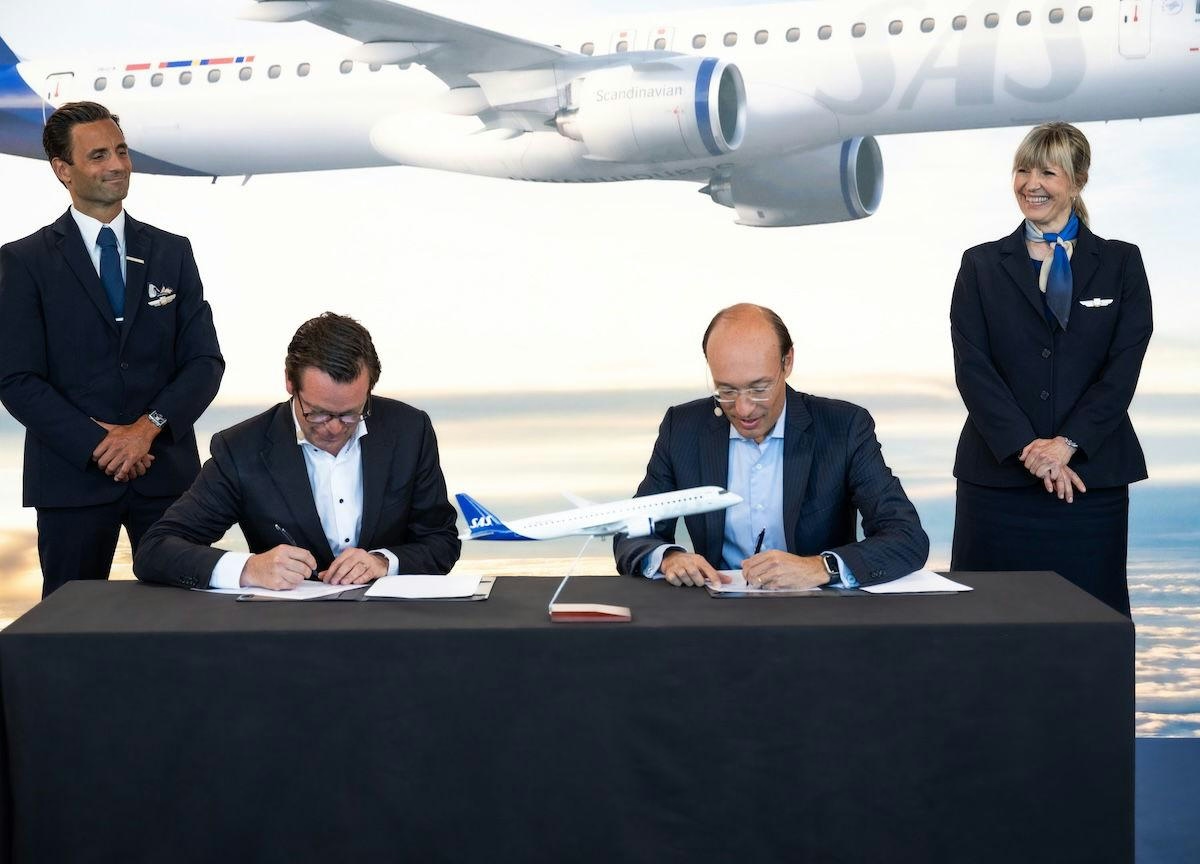
Smarter email, faster business.
Trending
Tariff Uncertainty Clouds Aftermarket Industry
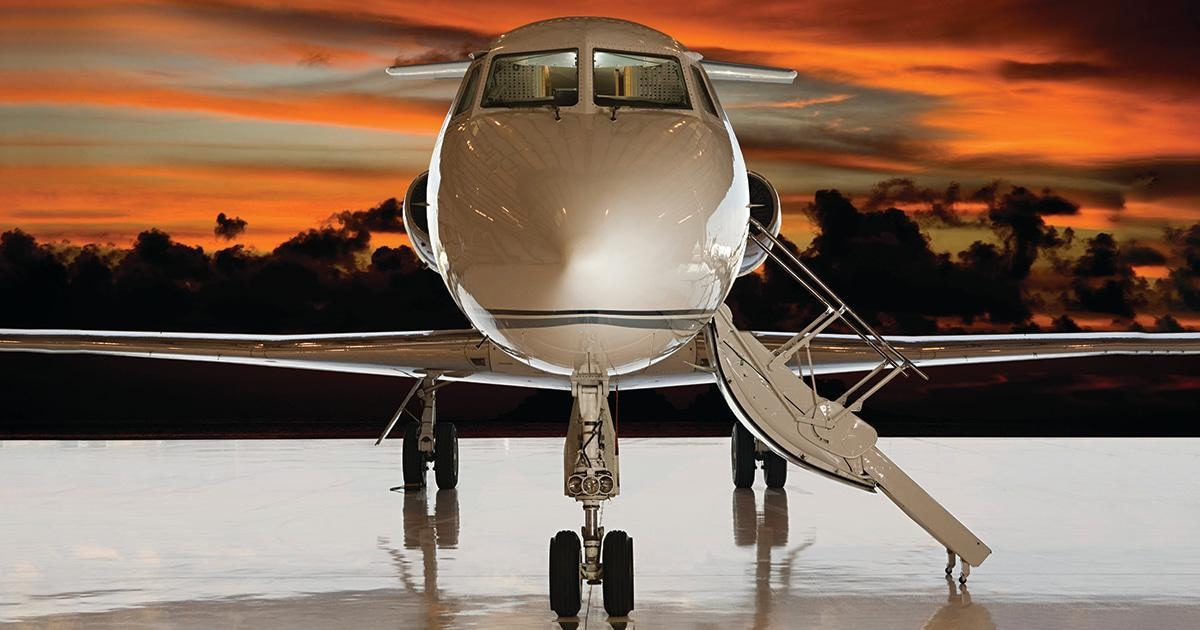
Tariff Uncertainty Clouds the Aviation Aftermarket Industry
Impact of Tariffs on Aviation Maintenance and Repair
The aviation aftermarket industry is currently grappling with significant uncertainty amid ongoing and potential tariffs imposed by the United States. Industry leaders express difficulty in forecasting the long-term effects due to the unpredictable nature of U.S. trade policy. While some stakeholders remain hopeful that the aviation sector will be granted exemptions—citing its net trade surplus for the U.S.—no comprehensive relief has been forthcoming. The sole notable exception is the U.S. commitment to exclude Rolls-Royce engines from a proposed 10% tariff on UK goods. This limited exemption leaves the broader Maintenance, Repair, and Overhaul (MRO) sector vulnerable to increased costs.
At present, the U.S. enforces a 10% tariff on aircraft and parts manufactured in the European Union, directly impacting the aftermarket by raising the cost of cross-border components. In response, MRO providers may resort to stockpiling inventory as a hedge against further price escalations. The tariff’s effects are uneven across the industry. Airbus operators in the U.S. benefit from the company’s domestic manufacturing and supply chain, which helps mitigate some tariff-related expenses. Conversely, European operators flying Boeing aircraft could face higher costs if the EU retaliates with reciprocal tariffs.
Strategic Responses and Market Dynamics
The uncertainty surrounding tariffs also challenges manufacturers’ ability to remain agile and competitive. Companies are compelled to rapidly adjust sourcing strategies and pricing models to sustain viability in a shifting trade environment. Market responses vary: some competitors seek alternative suppliers to circumvent tariffs, while others either pass increased costs onto customers or absorb them to preserve market share.
Despite these challenges, there may be potential opportunities for MRO providers. Prolonged tariffs and the resulting cost pressures could lead airlines to delay or cancel new aircraft orders, driven by higher prices or supply chain disruptions. This trend is already evident, with Chinese airlines rejecting Boeing deliveries over tariff concerns and Ryanair’s CFO indicating the possibility of order cancellations should aircraft costs rise substantially.
Analysts at Kroll Bond Rating Agency (KBRA) suggest that tariffs might encourage airlines to extend the operational lifespan of older aircraft or prioritize leasing and purchasing planes within their domestic markets to avoid cross-border duties. Such strategic shifts could temporarily increase demand for maintenance services.
Broader Economic Implications
However, KBRA also cautions that the wider economic consequences of a prolonged tariff dispute could ultimately undermine the aviation sector. A decline in passenger demand and weakened airline financial health would likely reduce maintenance requirements, calling into question the long-term benefits of tariffs for the aftermarket industry.
As trade tensions continue, aviation companies must maintain agility, consistently reevaluating their supply chains and market strategies to navigate an environment where tariff policies and their repercussions remain highly uncertain.

How Student Partnerships Fuel Aerospace Innovation
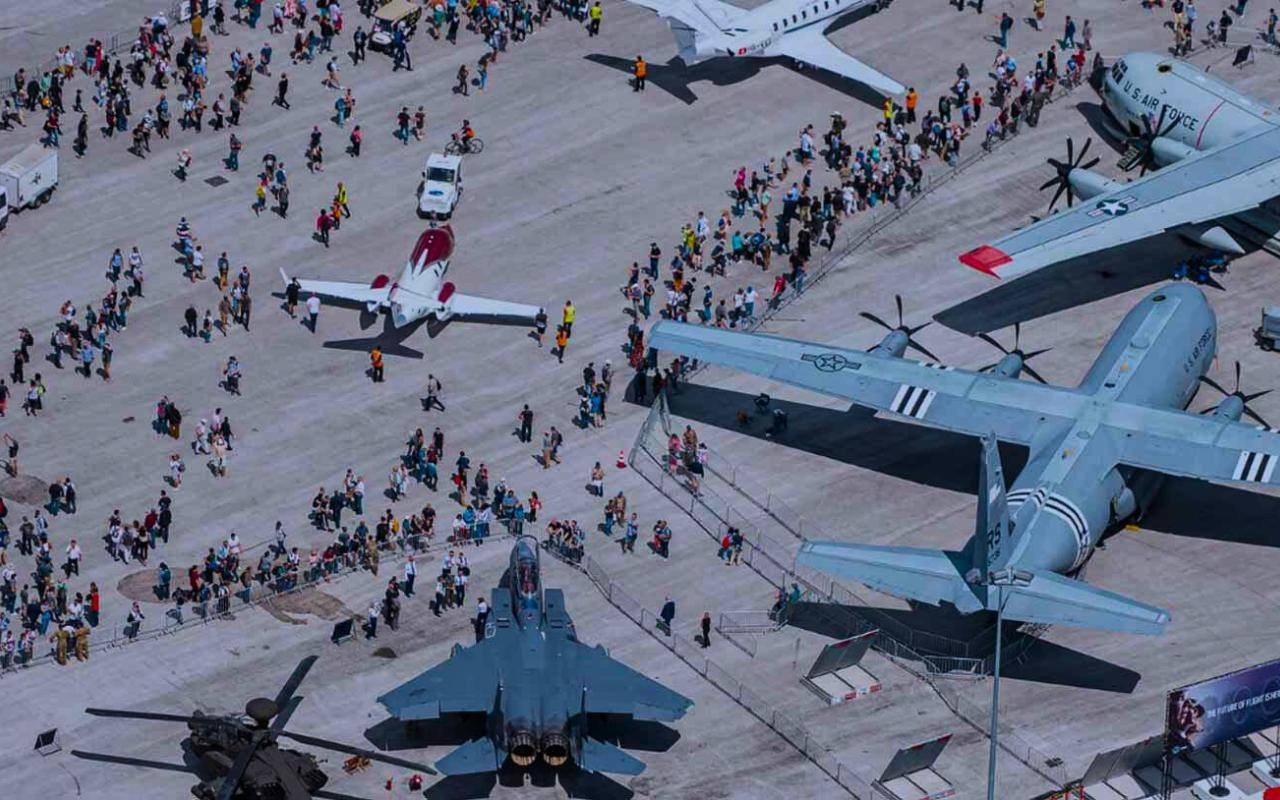
Dubai Airshow 2025 Reveals Main Agenda and Activities
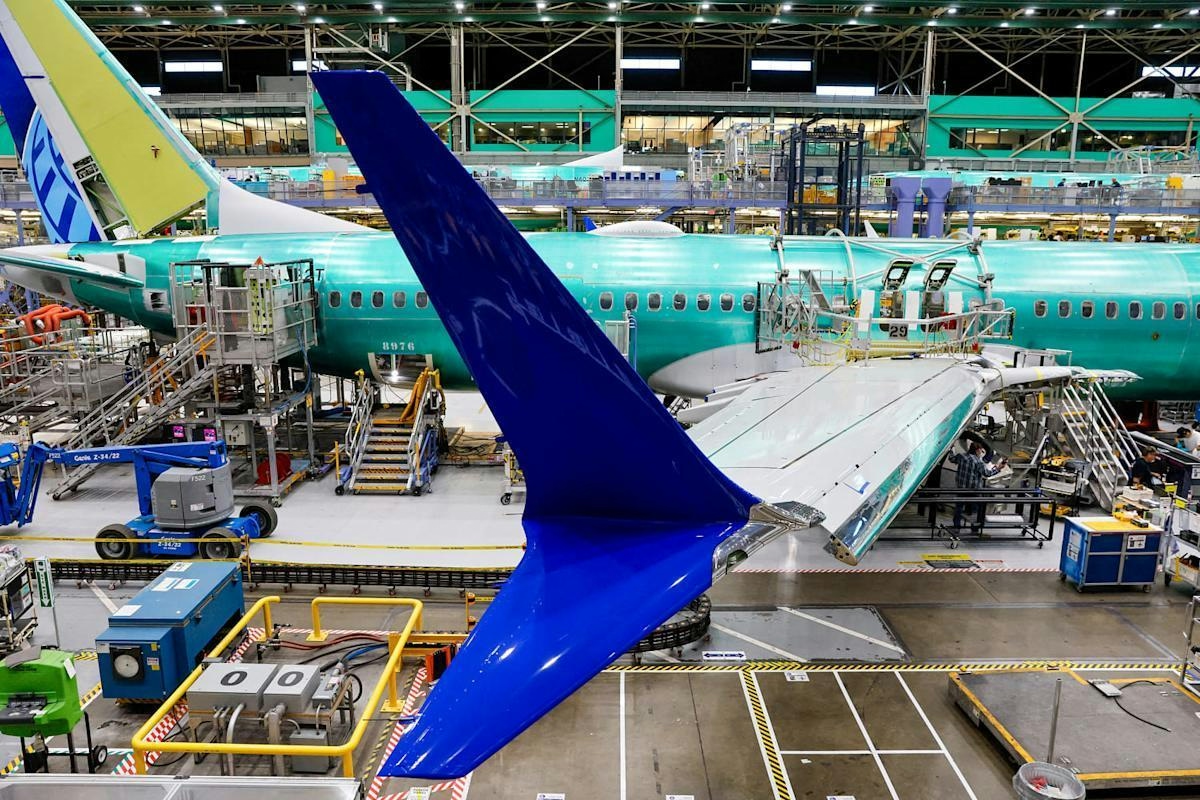
Willis Lease Finance: A Strategic Play in Aviation Leasing Amid Near-Term Volatility
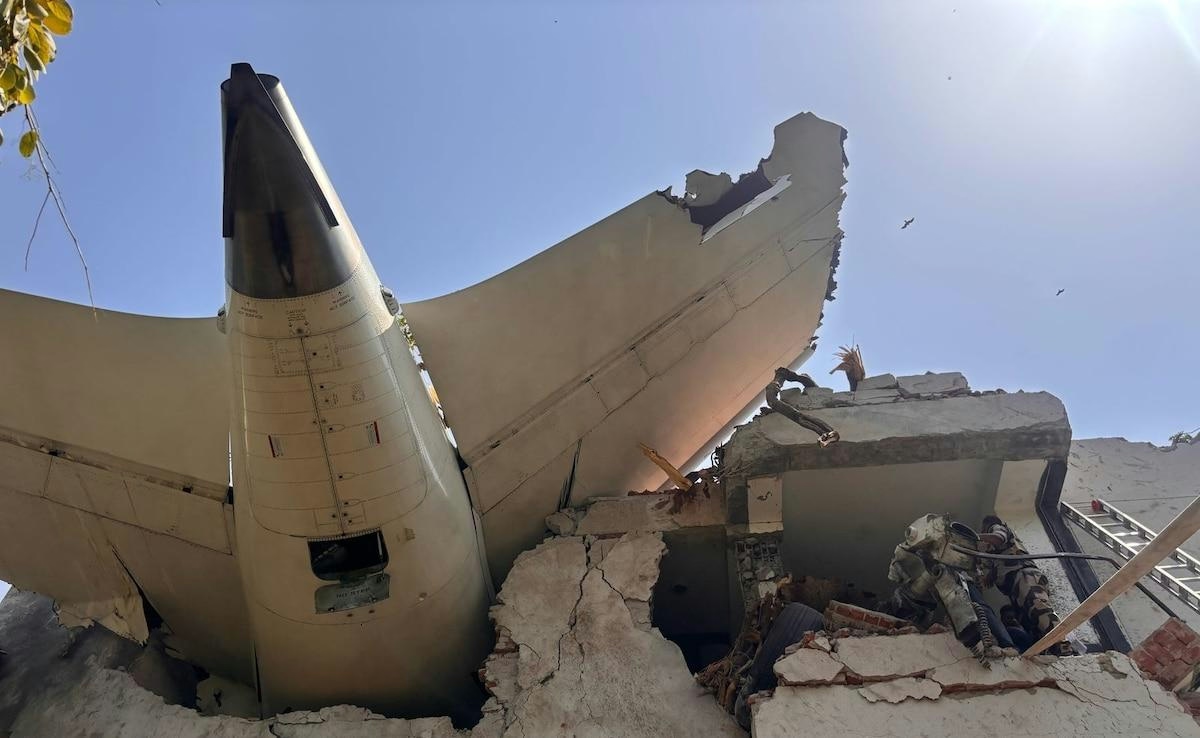
AI-Generated Content Spreads Misinformation After Air India Crash
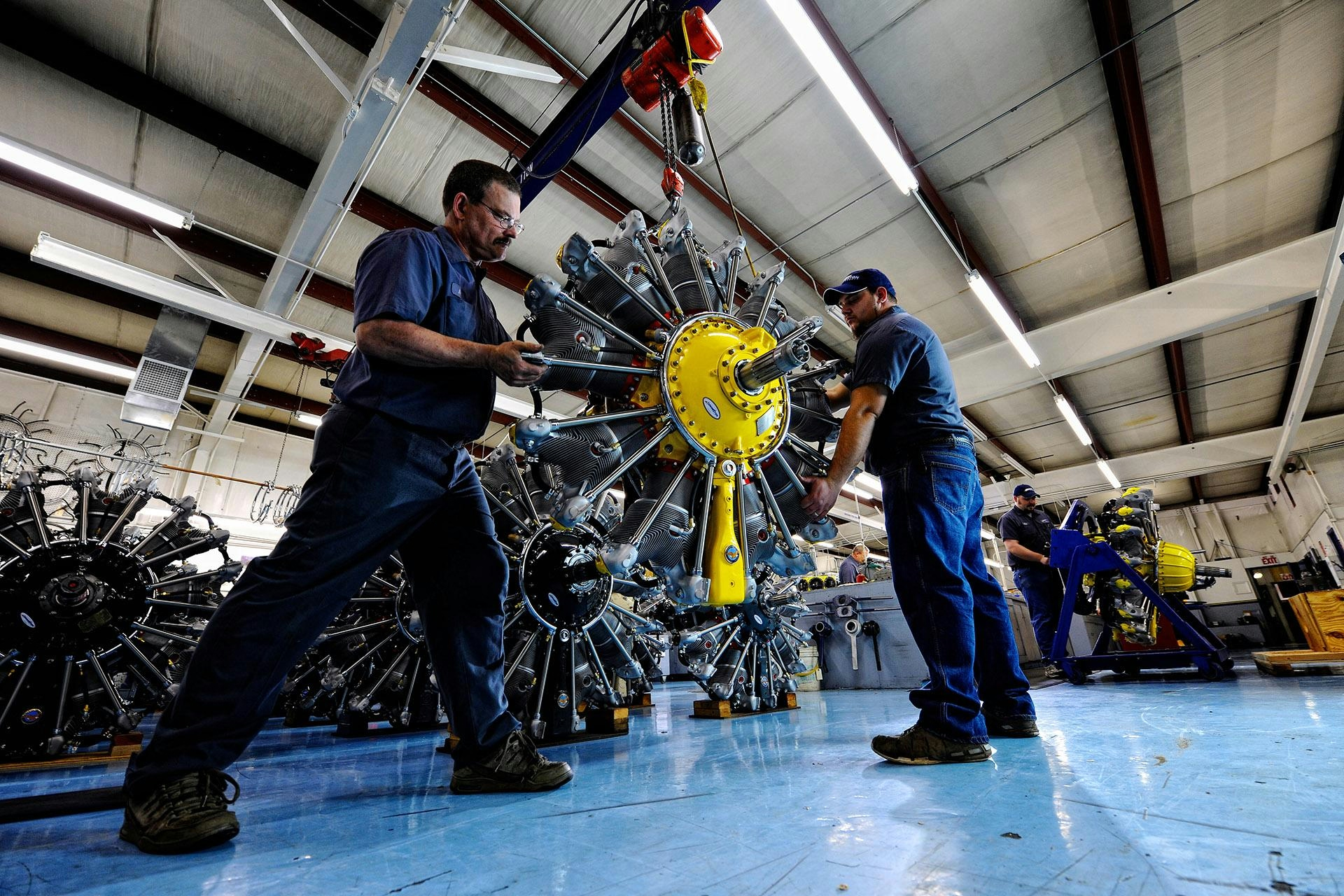
Covington Aircraft Engines to End Radial Engine Production in 2025
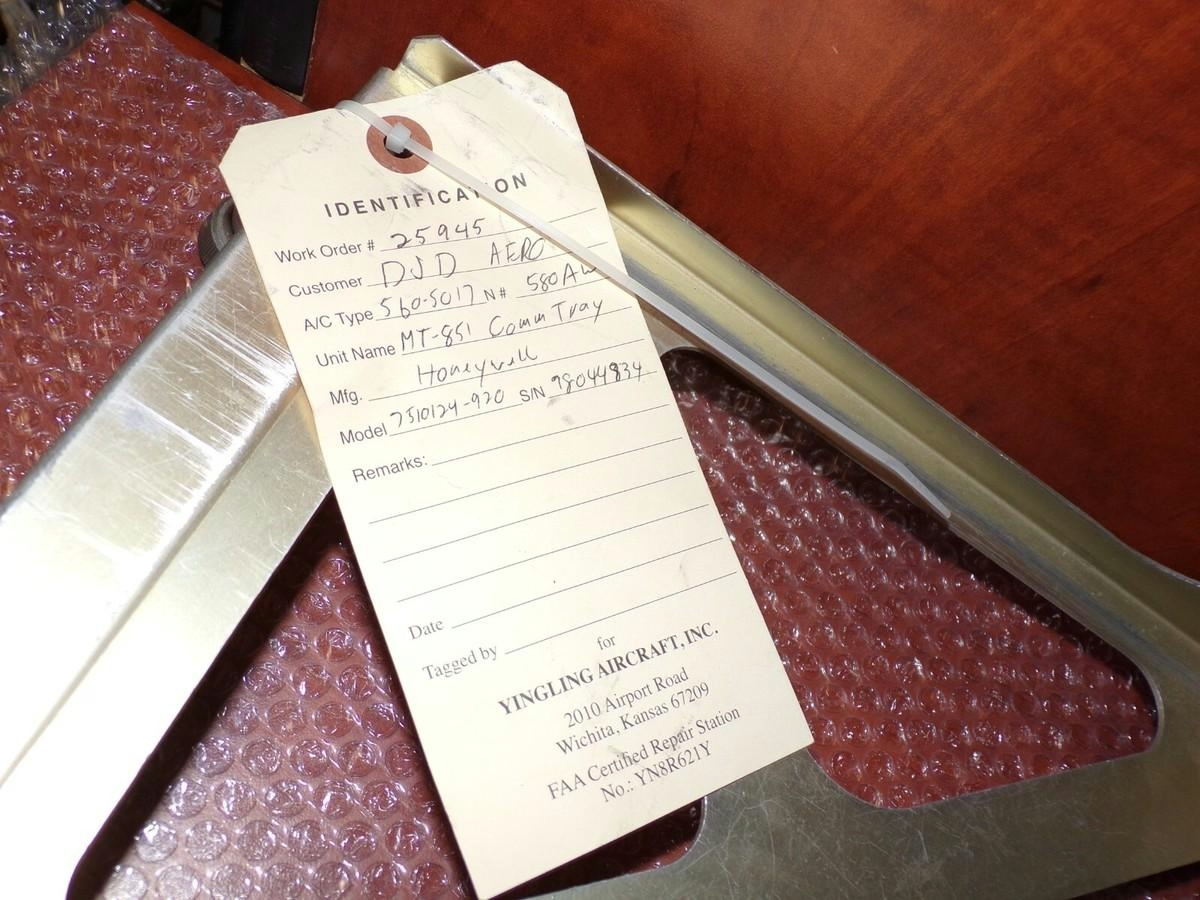
Yingling Aviation Named Authorized Honeywell Dealer

Does Joby Aviation's Milestone in Dubai Point Toward Further Growth?
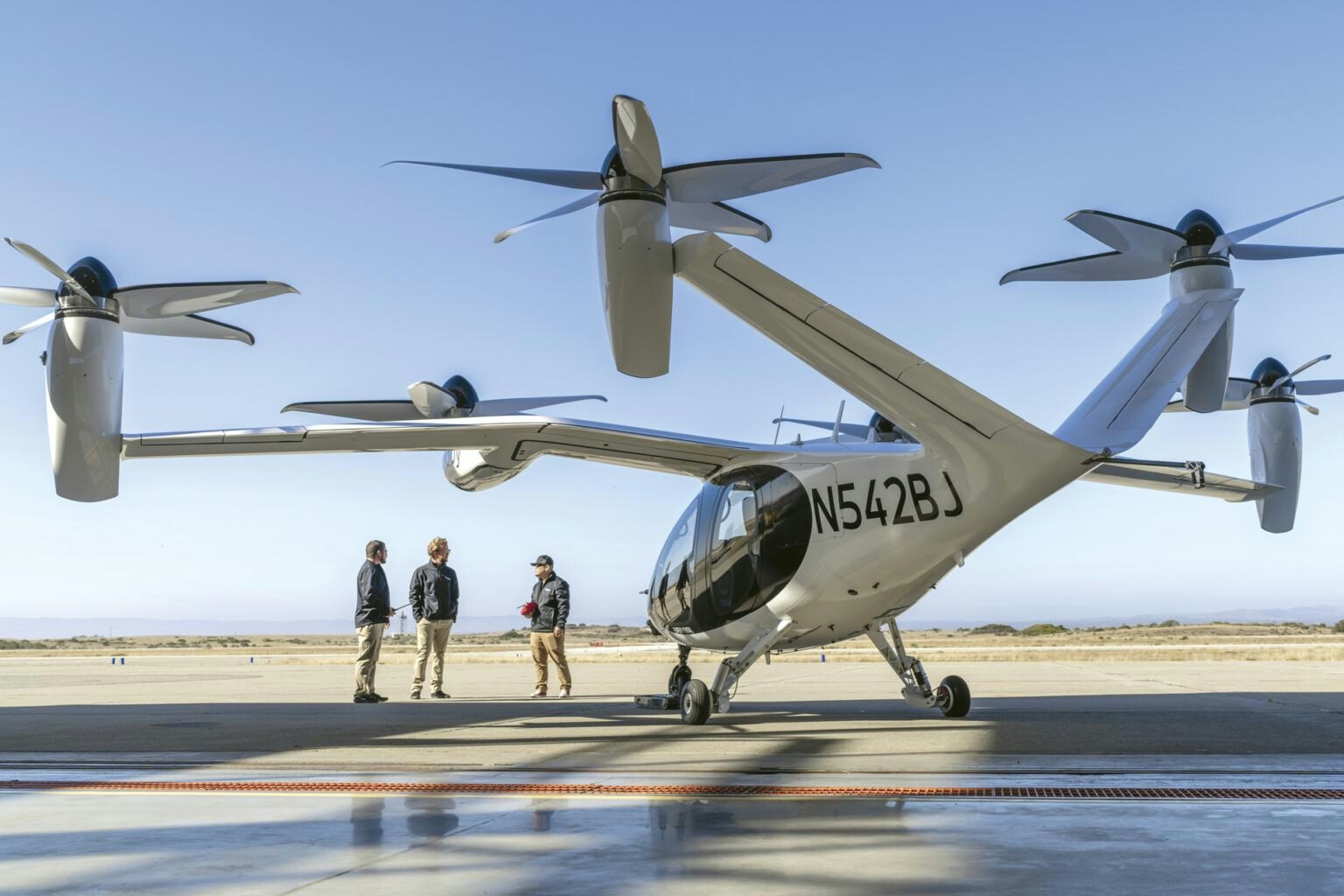
New Invention Promises to Eliminate Airplane Emissions in Country
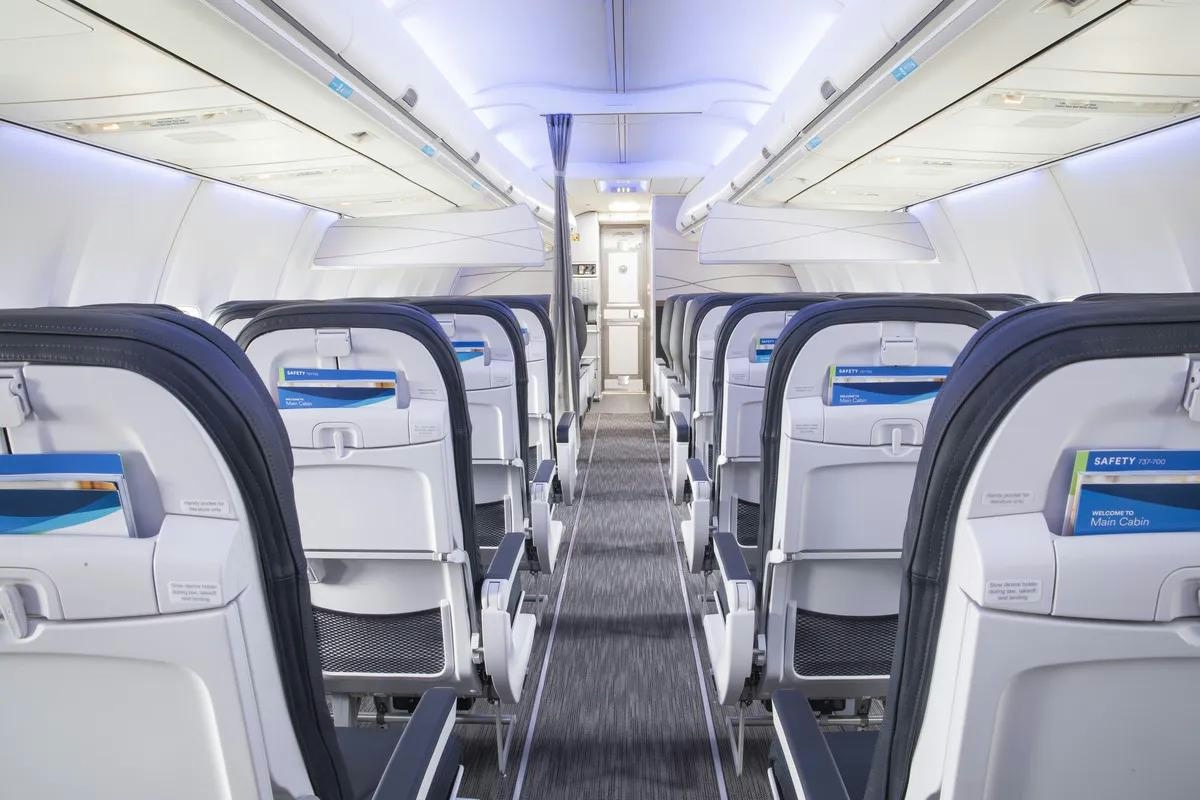
Key Questions on Chinese Travel, AI, and Airlines Answered by Skift
